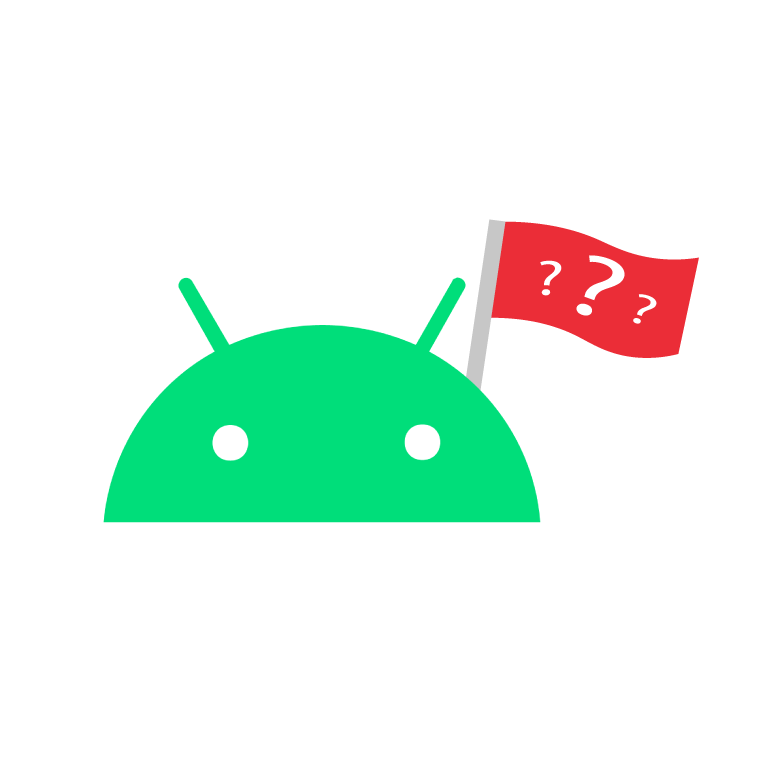This isn’t an iOS vs. Android thread, although I’m aware this might come off that way to some. I’ve been using Android phones since the Galaxy S4 and at the time it felt like Android was far and ahead the best smartphone OS at the time. It was objectively better than iOS in 2010 in just about every metric apart from UI fluidity.
I’m not so sure about that any more. I still do prefer Android - the UI, the customizability, the ability to sideload apps, etc. That said, why is it that every single time Android gets a feature that truly makes the phone more usable, Google goes ahead and guts that functionality, only for Apple to actually give a shit about that feature a few years later and do it way better.
Just off the top of my head, I can’t believe Google screwed up:
- Android Beam
- Google Now on Tap (not to mention all the things it did that Google Assistant can’t)
- Hangouts (not necessarily Android but it could have easily been better than iMessage)
- Nearby Notifications
- Android @ Home
- Bump!
I get that Google as a company is out to make money, but do they really have to shut down any functionality that isn’t directly generating revenue?


Yeah, this is why i want to have a linux phone sometimes…
Can you even do that? Do you need a custom ROM written specifically for the device?
I thought Android was based on Linux anyway.
There are two things referred to as “Linux”. One is the full operating system, sometimes also called GNU/Linux, and one is the Linux kernel, which is just the “backbone” of the OS. Android is an OS that uses the Linux kernel, but it is not a (GNU/)Linux OS. There are some Linux distros for smartphones but they are very few and for only a very limited set of devices.
Android is basically “Android/Linux”, he wants “GNU/Linux” instead
Yep, you can install Linux on a phone, depending on the model and if someone’s made a custom Linux ROM for it - you can’t just download a Linux distro and install it directly, because this is the ARM architecture and the way it boots and the way drivers are handled is quite different from PCs (x86 architecture), which is why you need a custom Linux ROM with the bootloader, drivers, config etc all baked in.
PostmarketOS is one such ROM/distro, and you can install it on some popular phones like the OnePlus 6/6T, but there may be some limitations, such as the camera not working etc. It would be better to instead buy a phone that explicitly supports Linux, such as the Pinephone, the FxTec Pro1, some Sony Xperia phones (SailfishOS), or Planet PDA phones like the Gemini/Cosmo Communicator.
Don’t forget the FairPhone
I bought my phone prioritising specs like 256GB storage, headphone jack, 120hz, cameras, etc, and I only realised later that I couldn’t install any custom ROM or even Magisk, as they weren’t written for my device.
So I’m a bit annoyed about that.
I was talking about the pinephone
You can flash the rom on a lot of current android phones. But now you can get phones like the pinephone which ships with a linux os of your choice. I don’t know what os’s are available but there is more than one. I do know that Ubuntu is one of the main ones that gets installed though
There are two things referred to as “Linux”. One is the full ooerating system, sometimes also called GNU/Linux, and one is the Linux kernel, which is just the “backbone” of the OS. Android is an OS that uses the Linux kernel, but it is not a (GNU/)Linux OS. There are some Linux distros for smartphones but they are very few and for only a very limited set of devices.